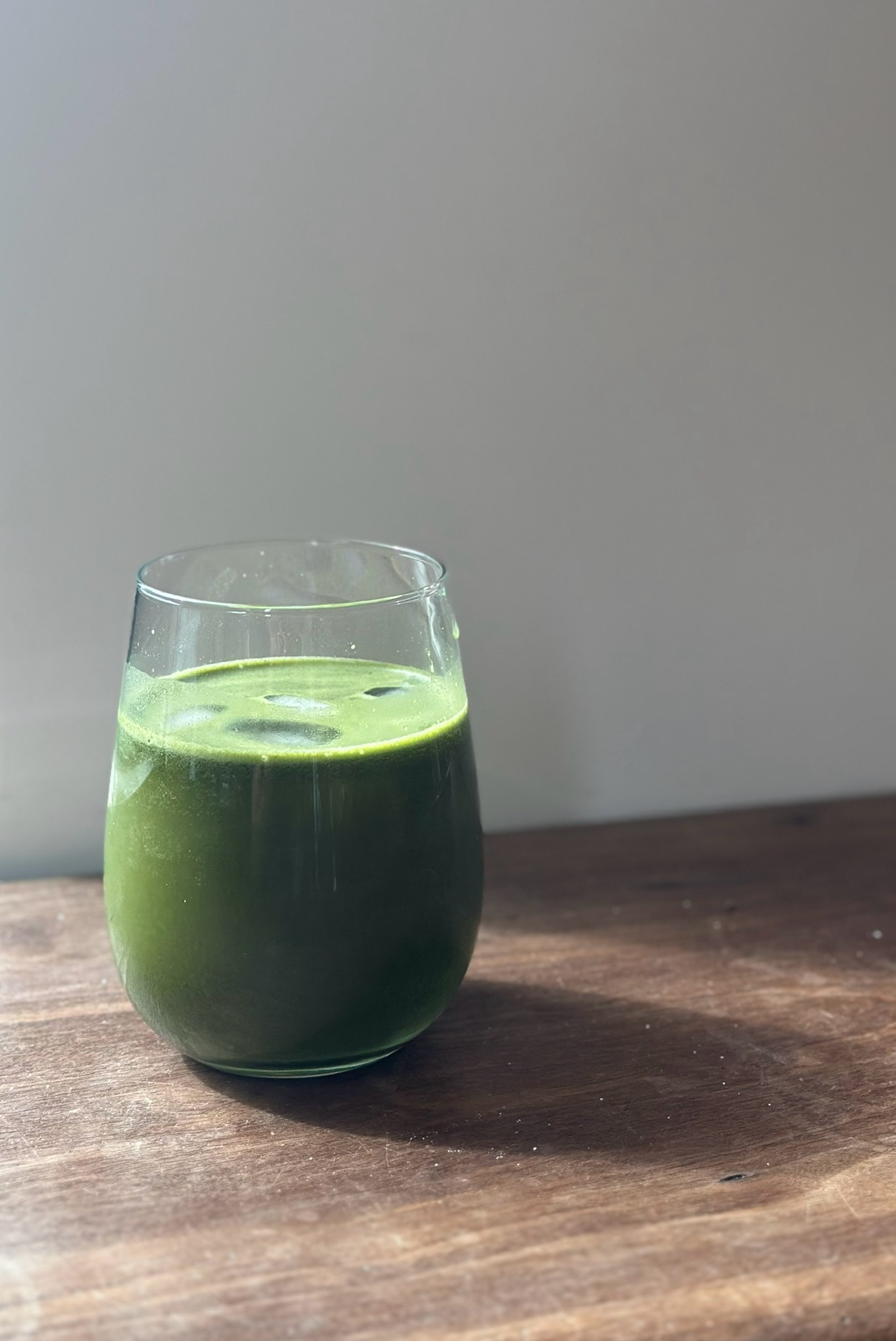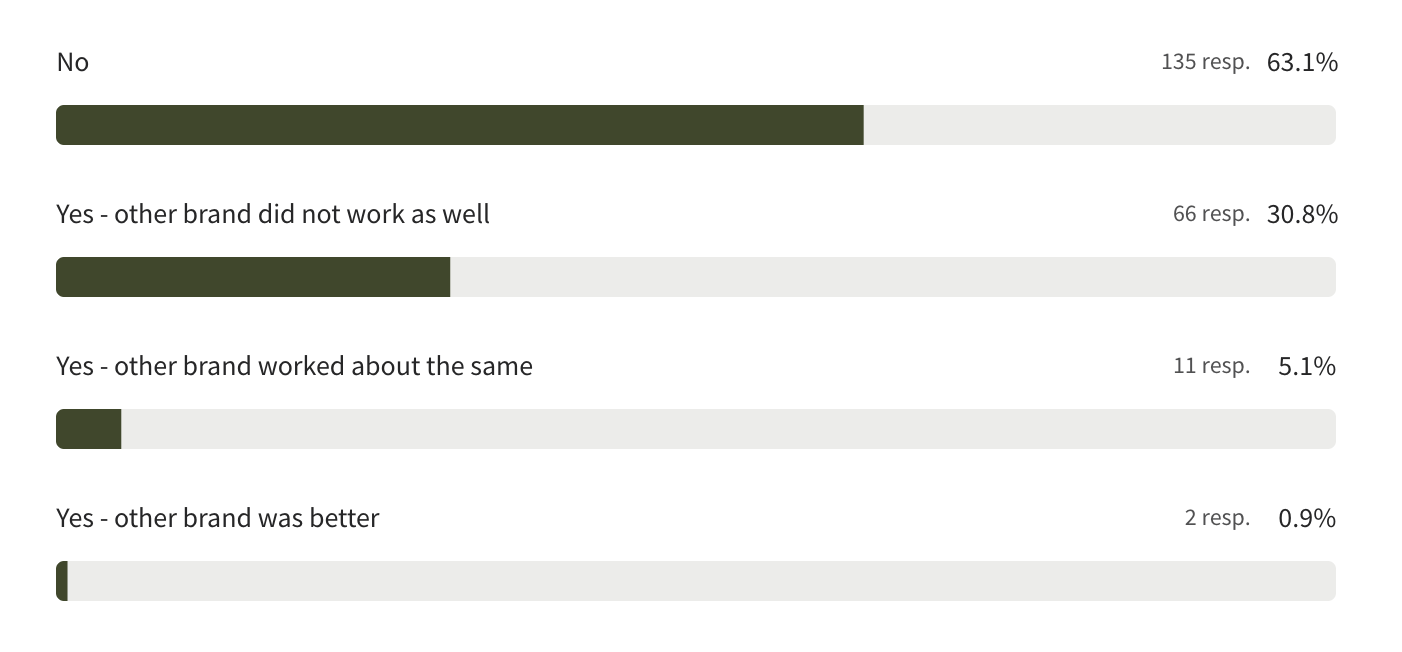Depression is a complex condition and involves multiple factors, genetic predisposition, environmental, psychological and biological factors…research has shown that individuals with depression often have one thing in common, elevated levels of inflammatory markers, suggesting that chronic inflammation influences mood and brain function. So it seems logical that a diet that naturally curbs inflammation may be a key piece of the puzzle in reducing depression risk.
Researchers found that there was one diet that reduced depression by 62%.. As well showing incredibly promising results for all other health metrics, playing a significant role in reducing the risk of chronic diseases, type 2 diabetes, and certain cancers. A delicious diet that is rich in whole, unprocessed foods, healthy fats, an abundance of plant foods, meats, seafoods, leafy greens, whole grains and olive oil…its the Mediterranean diet.
The interplay between diet and life is fascinating, and it’s worth taking a closer look at how this way of eating can benefit our mind and bodies.
Before we talk food, the benefits of the Mediterranean diet aren’t just about the nutrients, it’s about enjoying food in a social setting, mindful eating, sharing meals with family and friends- which in turn provides emotional support and reduces stress. It's about enjoying your food slowly- which results in better digestion and more satisfying meals. These seemingly simple acts contribute to our wellbeing- our mental health.
At its core, the Mediterranean diet is about enjoying fresh whole foods and an abundance of olive oil, lean proteins in fish and chicken, as well as red meats, and so much fresh fruits and vegetables. This isn’t just about making meals tastier either, it’s about loading up on nutrients that support brain health, such as omega-3 fatty acids, antioxidants, and anti-inflammatory compounds.
Omega-3s, which are abundant in fatty fish like salmon and sardines, and seeds like hemp, flax and chia are particularly noteworthy. These healthy fats help maintain the flexibility and function of brain cell membranes and promote smooth communication between brain cells.
The abundance of fresh fruit and vegetables are rich in polyphenols and antioxidants which help neutralise free radicals, these are unstable molecules that can damage cells and trigger chronic inflammation. The polyphenols contribute to proper cellular signalling and gene regulation. This protective effect is essential not only for physical health but also for mental well-being.
Olive oil is the staple fat of the Mediterranean diet, valued not only for its delicious flavour but its heart health monosaturated fats, and unique anti-inflammatory properties. One standout component is oleocanthal, a compound with properties similar to non-steroidal anti-inflammatory drugs (NSAIDs). Oleocanthal helps to inhibit enzymes that trigger inflammatory processes in the body and brain…meaning regular consumption of extra virgin cold pressed (preferably organic) Olive oil may help lower levels of chronic inflammation and improve brain function.
Nuts also feature heavily in the diet, almonds, walnuts, and pistachios are nutritional powerhouses, rich in healthy fats, fibre, and a variety of antioxidants. These fats, particularly the monounsaturated and polyunsaturated types, are known to support heart health and reduce inflammation. They contain essential nutrients like magnesium which play a critical role in regulating inflammatory responses as well as an abundance of polyphenols that mitigate inflammation over the long term.These components help protect the brain from the detrimental effects of chronic inflammation, potentially supporting improved mood and cognitive function.
Whole grains and legumes usually eaten daily in the mediterranean diet and play a crucial role in reducing depression by supporting a healthy gut microbiome, which is increasingly recognised as a key player in the gut-brain axis.
The fibre in these foods acts as a prebiotic, feeding the beneficial bacteria in your gut that help regulate inflammation and produce important neurotransmitters like serotonin. Fermented foods such as sourdough bread, which undergoes a natural fermentation process, and other probiotic-rich foods like yogurt and cheese, further enhance this beneficial effect by replenishing good bacteria. A balanced and diverse gut microbiome not only improves digestion but also contributes to a stable mood and better stress management
Fermented vinegars such as balsamic, red wine and apple cider vinegar are a staple ingredient and offer more than just flavour. The fermentation process not only preserves the vinegars but also enriches them with bioactive compounds like acetic acid and polyphenols. These are incredibly beneficial for the gut biome which is increasingly recognised as a key player in the gut-brain axis- a critical pathway for mental health.
Lean proteins support brain health by supplying essential amino acids required for neurotransmitter production, which are vital for mood regulation, cognitive function, and maintaining overall brain integrity.
There is no magic bullet though, the Mediterranean diet should be seen as a part of a broader lifestyle that includes regular physical activity, sufficient sleep and stress management.
For those interested in giving it a try, start small. You might swap out any other oil for olive oil, add an extra serving of vegetables to your meals, use apple cider vinegar, eat with people, cook, add a salad to your dinner or try a new fish recipe once a week. Over time, these little changes can add up, making your diet not only healthier but also potentially more supportive of your mental well-being.
Sánchez-Villegas, A., Martínez-González, M.A., Estruch, R. et al. Mediterranean dietary pattern and depression: the PREDIMED randomized trial. BMC Med 11, 208 (2013). https://doi.org/10.1186/1741-7015-11-208








Leave a comment
All comments are moderated before being published.
This site is protected by hCaptcha and the hCaptcha Privacy Policy and Terms of Service apply.